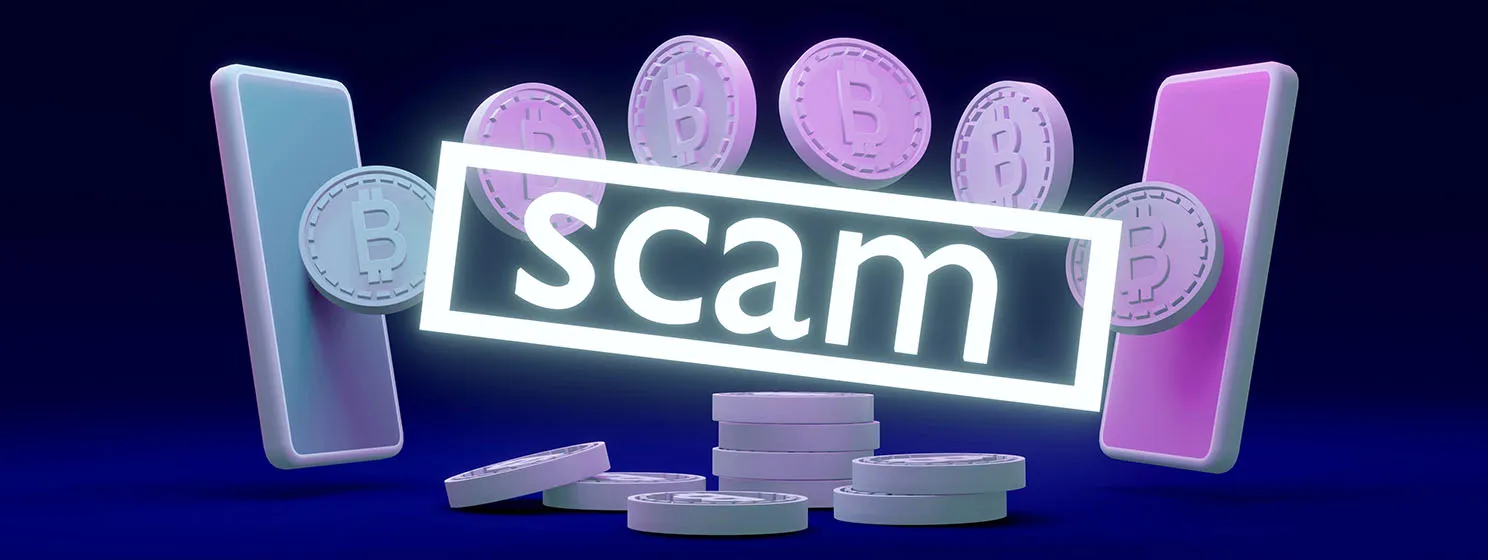|
Getting your Trinity Audio player ready...
|
Aptos, a much-anticipated Silicon Valley blockchain project featuring former Meta Platforms Inc. (NASDAQ: META) employees, began recording transactions on Tuesday. But is it living up to its hype? The contracts/dApps chain is taking aim at Ethereum’s popularity and Solana’s data throughput, though its debut has left some underwhelmed.
The shiny new blockchain, which rose out of Facebook’s canceled “Diem” stablecoin project, raised a few eyebrows following claims it was only processing around four transactions per second on its first day. Aptos‘ developers responded by telling users to “Hold Tight!” saying its mainnet network is stable and transaction flow would increase “starting tomorrow,” building too far higher numbers as those in the ecosystem began deploying their own projects.
One analyst on Twitter (NASDAQ: TWTR) claimed “Aptos is broken,” claiming they were not able to find a way to record any transactions on the network nor connect to validators. “Paradigm Engineer #420” suggested developers were hiding a problem and leaving questions unanswered.
They also criticized Aptos’ tokenomics, noting that over 80% of Aptos’ over 1 billion available tokens were staked on the network. Aptos is not yet traded publicly and has not held a pre-sale or airdrop, meaning those units belong to the development team and investors. They said that the remaining 20% would be “waiting to dump on retail (investors)” when trading launches on Binance and FTX.
The point is that nearly the entire token supply is going to private parties, there was never a public sale or another method where users could have earned tokens.
— Paradigm Engineer #420 (@ParadigmEng420) October 17, 2022
Another commentator criticized Binance and FTX for listing the Aptos asset at all, given that its exact total asset supply or rate of release hasn’t been revealed publicly:
https://twitter.com/cobie/status/1582209626426478593
“How can there be a spot market if people don’t know what the emissions schedule or total supply of coins is?” they asked.
Aptos tokens are intended for “on-chain governance” use as votes on its proof-of-stake (PoS) network. Presumably (though unstated), their holders anticipate them rising in value, given the above-mentioned exchanges will soon list them for trading. This highlights a key problem with PoS networks, where “votes” on governance can be bought and sold like company shares, but with the exact identities of large holders remaining unknown and the ability to transfer large numbers of shares with little-to-no transparency.
What is Aptos and why the hype?
Diem was Facebook’s attempt to create a blockchain-based “stablecoin,” the value of which would be based on a basket of existing currencies. Given Facebook’s (now called Meta) massive user base, Diem could have become a kind of world currency under the control of a private company. Regulators and legislators in the United States took a dim view of this notion and placed increasing pressure on the project until Meta decided to cancel it altogether in early 2022.
Project developers formed a new company called Aptos, which quickly gained technology investors’ attention with its plans to create a new blockchain for all kinds of contract-based projects. By debut time, the team managed to raise $400 million in venture funding from Andreessen Horowitz, Binance Labs, FTX Ventures, Coinbase (NASDAQ: COIN) Capital, Jump Crypto, and others.
The team has promised 160,000 transactions per second, beating Ethereum 2.0’s (theoretical) 100,000 transaction per second limit and Solana’s claimed 65,000 per second (when the network is running). Ethereum is still nowhere near that number, promising it as part of future upgrades after initially switching to a fully PoS confirmation algorithm last month.
Transaction confirmation/throughput has become a hot issue in the world of blockchain and distributed applications (dApps) following years of complaints about congestion and high usage fees on both BTC and Ethereum. With BTC languishing around five transactions per second worldwide and Ethereum at a maximum of 15, the focus has shifted to how much data a network can process in realistic timeframes.
Bitcoin’s BSV blockchain can scale unboundedly as its network grows, meaning there’s no upper limit to the amount of data it can process. BSV also retains the original and more secure proof-of-work confirmation method. Although PoS has gained much media love as being more “sustainable” and “energy efficient,” in reality, this comes at the expense of transparency and security—two problems blockchain was supposed to solve.
Watch: The BSV Global Blockchain Convention presentation, BSV Blockchain: A World of Good

 08-12-2025
08-12-2025 





